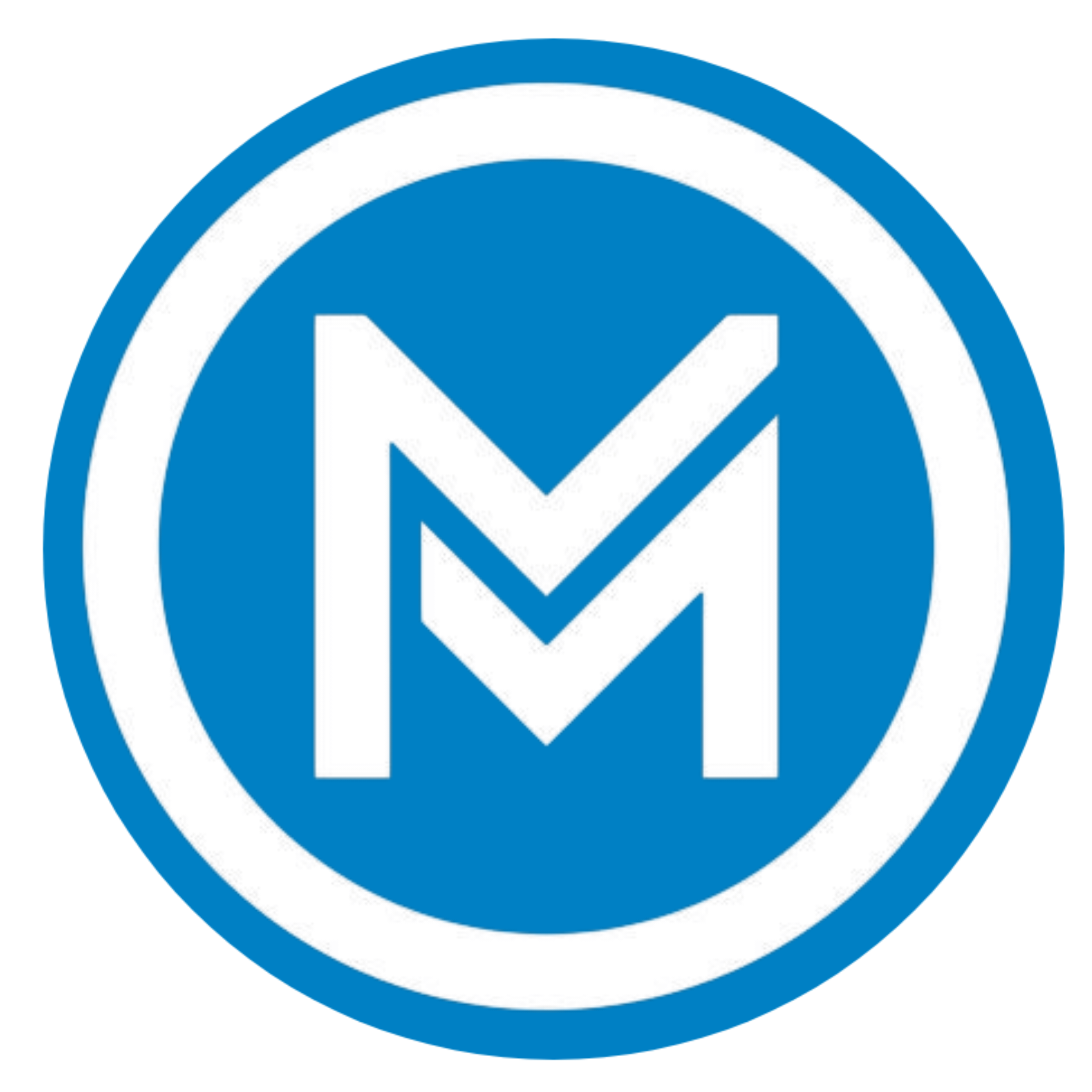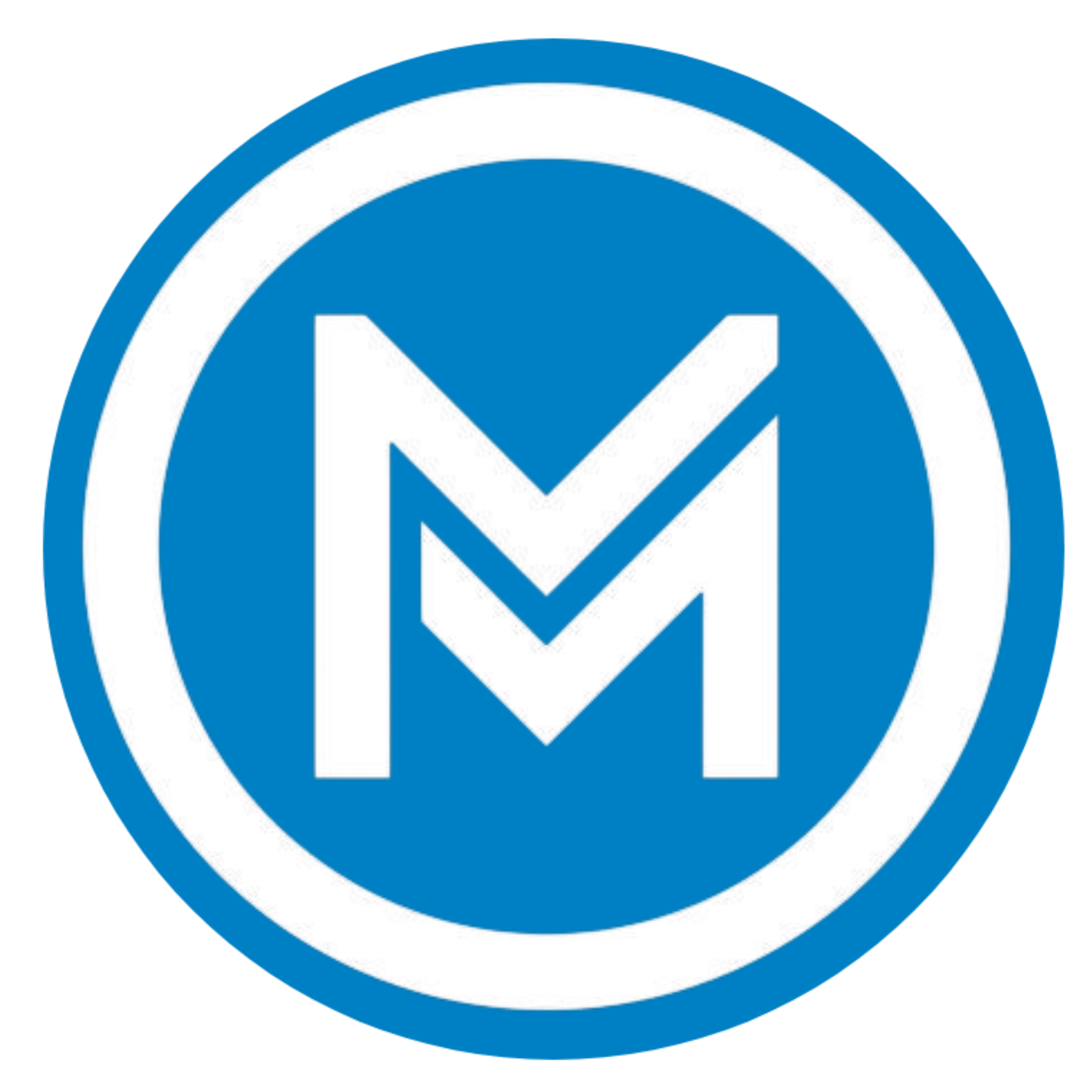Executive Summary Nigeria Food Fibers Market :
Nigeria food fibers market is expected to reach USD 78.92 million by 2028 from USD 37.97 million in 2020, growing at a steady CAGR of 9.6% in the forecast period of 2021 to 2028.Growing health consciousness due to increased cases of heart diseases, cancer and diabetes, the utilization of dietary fibers in food fortification act as a driver for the Nigeria food fibers market. Harmful effects of excessive dietary fiber intake acts as a restraint for the Nigeria food fibers market.
Transparent, trustworthy and extensive market information and data included in this report will definitely help develop business and improve return on investment (ROI). This Nigeria Food Fibers Market report provides an exhaustive survey of key players in the market which is based on a range of objectives of an organization such as profiling, the product outline, the quantity of production, required raw material, and the financial health of an organization. One of the sections in the report covers evaluation of probabilities of the new investment projects and overall research conclusions are offered.
Nigeria Food Fibers Market report helps the firm in exploring new uses and new markets for its existing products and thereby, increasing the demand for its products. This global market report offers research and consulting services focused on achieving competitive leverage, with acquiring and preserving market position as key aims of the program. The base year for calculation in the report is taken as 2017 and the historic year is 2016 which will tell you how the Nigeria Food Fibers Market is going to perform in the forecast years by informing you what the market definition, classifications, applications, and engagements are.
Discover the latest trends, growth opportunities, and strategic insights in our comprehensive Nigeria Food Fibers Market report. Download Full Report: https://www.databridgemarketresearch.com/reports/nigeria-food-fibers-market
Nigeria Food Fibers Market Overview
**Segments**
- By Type: The Nigeria food fibers market can be segmented into soluble and insoluble fibers. Soluble fibers such as pectins, gums, and mucilage are known for their ability to dissolve in water, forming a gel-like substance in the digestive tract. On the other hand, insoluble fibers like cellulose, hemicellulose, and lignin do not dissolve in water and add bulk to the stool, aiding in smooth bowel movements.
- By Source: Food fibers can be derived from various sources including fruits, vegetables, grains, and legumes. Each source offers unique health benefits with fruits and vegetables providing a rich source of vitamins, minerals, and antioxidants, while grains and legumes offer a good dose of fiber along with proteins and essential nutrients.
- By Application: The market can also be segmented based on the applications of food fibers in the food and beverage industry. Food fibers are used as functional ingredients in a wide range of products such as bakery goods, dairy products, beverages, and snacks to enhance their nutritional profile and provide health benefits to consumers.
**Market Players**
- Nestle Nigeria Plc: As one of the leading players in the Nigeria food fibers market, Nestle offers a range of products enriched with dietary fibers to cater to the increasing demand for healthier food options among consumers. The company focuses on innovation and product development to stay ahead in the competitive market landscape.
- Dangote Group: Dangote Group is another key player in the Nigeria food fibers market, known for its diversified portfolio of food and beverage products that include fiber-rich options to promote digestive health and overall wellness. The company's strong distribution network and brand reputation give it a competitive edge in the market.
- Flour Mills of Nigeria Plc: Flour Mills of Nigeria Plc is a prominent player in the food fibers market, leveraging its expertise in the production and distribution of a wide range of food products that are fortified with fibers to meet the dietary needs of consumers. The company's commitment to quality and sustainability resonates well with health-conscious customers.
- Honeywell Group: Honeywell Group is actively involved in the Nigeria food fibers market, offering a variety of food products with added fibers to support gut health and improve digestion. The company's emphasis on product innovation and customer satisfaction helps it maintain a strong position in the competitive market.
In conclusion, the Nigeria food fibers market is witnessing significant growth driven by the rising awareness about the health benefits of dietary fibers among consumers. Key players in the market are focusing on product innovation, quality assurance, and marketing strategies to meet the evolving needs of customers and gain a competitive edge in the industry.
The Nigeria food fibers market is poised for substantial growth as consumers increasingly prioritize health and wellness, driving the demand for products enriched with dietary fibers. With a shift towards healthier eating habits and a growing understanding of the benefits of fiber in promoting digestive health, market players are capitalizing on this trend by offering a diverse range of fiber-enriched options across various food and beverage categories. As consumers seek out functional ingredients that not only enhance the nutritional content of their diet but also deliver specific health benefits, the market is ripe for innovation and product development.
In terms of market segments, the differentiation between soluble and insoluble fibers provides an opportunity for manufacturers to tailor products to meet specific consumer needs. Soluble fibers, known for their ability to form a gel-like consistency in the digestive tract, appeal to those looking to manage cholesterol levels and improve satiety. Meanwhile, insoluble fibers, which add bulk to stool and aid in regular bowel movements, cater to individuals seeking digestive regularity and gut health support. By understanding and leveraging these distinct characteristics, companies can create targeted products that resonate with different consumer preferences and health goals.
Moreover, the segmentation of food fibers by source highlights the diverse range of options available for manufacturers to incorporate into their products. Fruits and vegetables, grains, and legumes each offer unique nutritional profiles and health benefits, providing a rich tapestry of choices for formulating fiber-rich foods and beverages. With consumers increasingly seeking natural and wholesome ingredients, leveraging a variety of fiber sources can not only enhance the nutritional value of products but also appeal to the growing demand for clean label and minimally processed foods.
In the competitive landscape of the Nigeria food fibers market, key players such as Nestle Nigeria Plc, Dangote Group, Flour Mills of Nigeria Plc, and Honeywell Group are at the forefront of meeting consumer demands for fiber-enriched products. These companies leverage their brand reputation, distribution networks, and commitment to quality to differentiate themselves in the market and gain a competitive edge. By investing in research and development, sustainable sourcing practices, and consumer engagement, these market players are well-positioned to capitalize on the opportunities presented by the increasing awareness of dietary fibers and their role in supporting overall health and well-being.
Overall, the Nigeria food fibers market presents a promising landscape for growth and innovation, driven by shifting consumer preferences towards healthier and functional foods. As market players continue to invest in product development, marketing strategies, and quality assurance, they are likely to see sustained success in meeting the evolving needs of health-conscious consumers and establishing a strong presence in this dynamic market environment.The Nigeria food fibers market is currently experiencing significant growth due to the increasing consumer awareness of the health benefits associated with dietary fibers. Consumers are becoming more focused on health and wellness, leading to a heightened demand for products that are enriched with fibers. This trend is driving market players to offer a diverse range of fiber-enriched options across various food and beverage categories to cater to evolving consumer preferences.
In response to the market segments, the differentiation between soluble and insoluble fibers provides manufacturers with the opportunity to cater to specific consumer needs. Soluble fibers, with their ability to form a gel-like consistency in the digestive tract, are appealing to individuals looking to manage cholesterol levels and enhance satiety. On the other hand, insoluble fibers, which support bowel regularity and gut health, are favored by those seeking digestive health support. By understanding and leveraging these distinctions, companies can develop targeted products that align with different consumer preferences and health objectives, thus widening their market reach.
Furthermore, segmenting food fibers by source underscores the array of options available to manufacturers for product formulation. Fruits, vegetables, grains, and legumes each offer unique nutritional benefits and properties, providing a diverse selection of fiber sources to incorporate into food and beverage products. With the growing consumer preference for natural and minimally processed ingredients, utilizing a variety of fiber sources not only boosts the nutritional value of products but also aligns with the increasing demand for clean label foods. By leveraging a mix of fiber sources, companies can enhance product appeal and tap into the expanding market for wholesome and functional foods.
In the competitive landscape of the Nigeria food fibers market, key players like Nestle Nigeria Plc, Dangote Group, Flour Mills of Nigeria Plc, and Honeywell Group are leveraging their brand reputation, distribution networks, and quality commitments to stand out in the market. These companies are at the forefront of offering fiber-enriched products that meet consumer demands for healthier food options. By investing in research and development, sustainable sourcing practices, and consumer engagement, these market leaders are well-positioned to capitalize on the growing awareness of dietary fibers and their role in supporting overall health and well-being. As consumer preferences continue to shift towards health-conscious choices, market players that prioritize innovation and quality are poised to thrive in the dynamic Nigeria food fibers market.
The Nigeria Food Fibers Market is highly fragmented, featuring intense competition among both global and regional players striving for market share. To explore how global trends are shaping the future of the top 10 companies in the keyword market.
Learn More Now: https://www.databridgemarketresearch.com/reports/nigeria-food-fibers-market/companies
DBMR Nucleus: Powering Insights, Strategy & Growth
DBMR Nucleus is a dynamic, AI-powered business intelligence platform designed to revolutionize the way organizations access and interpret market data. Developed by Data Bridge Market Research, Nucleus integrates cutting-edge analytics with intuitive dashboards to deliver real-time insights across industries. From tracking market trends and competitive landscapes to uncovering growth opportunities, the platform enables strategic decision-making backed by data-driven evidence. Whether you're a startup or an enterprise, DBMR Nucleus equips you with the tools to stay ahead of the curve and fuel long-term success.
Table of Contents:
- Nigeria Food Fibers Market Overview
- Economic Impact on Industry
- Competition by Manufacturers
- Production, Revenue (Value) by Region
- Supply (Production), Consumption, Export, Import by Regions
- Production, Revenue (Value), Price Trend by Type
- Market by Application
- Manufacturing Cost Analysis
- Industrial Chain, Sourcing Strategy and Downstream Buyers
- Nigeria Food Fibers Market Strategy Analysis, Distributors/Traders
- Nigeria Food Fibers Market Effect Factors Analysis
- Nigeria Food Fibers Market Forecast
- Appendix
Browse More Reports:
Asia-Pacific Ultra-Low-Power Microcontroller Market
Europe Transfection Reagent and Equipment Market
Global Natural Vitamins Market
Global Resistive Random-Access Memory (ReRAM) Market
Global Mesh Mist Eliminators Market
Global Refinished Paint Market
Canada Home Healthcare Market
Global Fermentation Chemicals Market
Global Head Lice Treatment Market
Europe Major Domestic Cooking Appliances Market
Global Micro Irrigation Systems Market
About Data Bridge Market Research:
An absolute way to forecast what the future holds is to comprehend the trend today!
Data Bridge Market Research set forth itself as an unconventional and neoteric market research and consulting firm with an unparalleled level of resilience and integrated approaches. We are determined to unearth the best market opportunities and foster efficient information for your business to thrive in the market. Data Bridge endeavors to provide appropriate solutions to the complex business challenges and initiates an effortless decision-making process. Data Bridge is an aftermath of sheer wisdom and experience which was formulated and framed in the year 2015 in Pune.
Contact Us:
Data Bridge Market Research
US: +1 614 591 3140
UK: +44 845 154 9652
APAC : +653 1251 975
Email:- corporatesales@databridgemarketresearch.com
Tag


